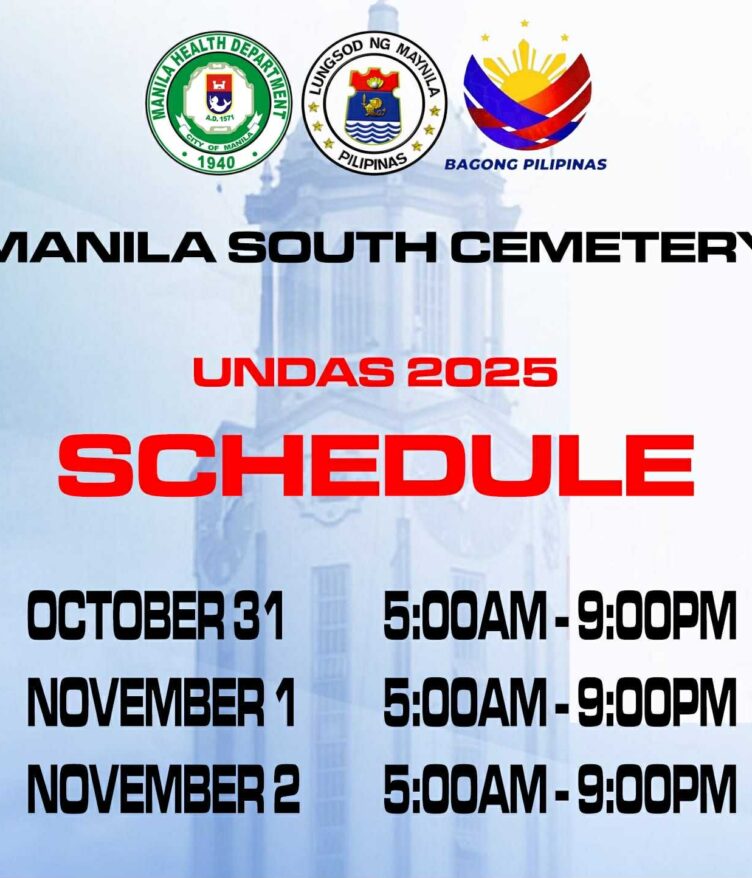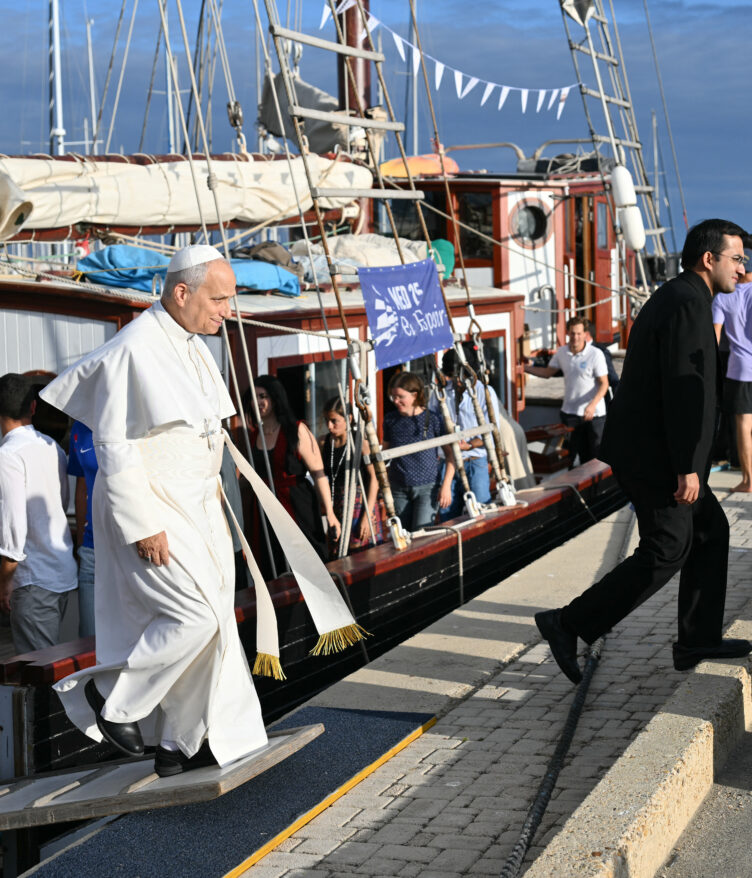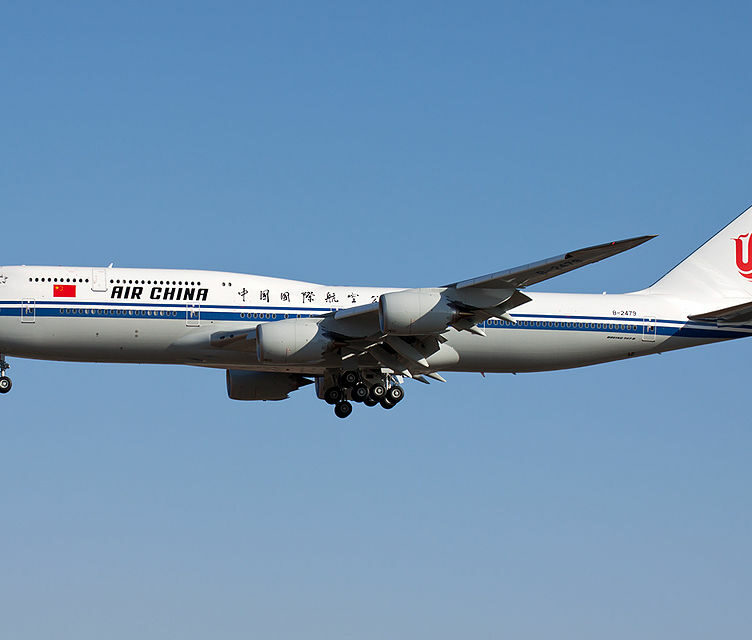AS THE 2025 elections draw nearer, set for May 12, 2025, candidates have started to create social media accounts in preparation for their campaigns.
A social media post created by the Commission on Elections (COMELEC) last October 9th announced that the registration of all social media accounts and pages, websites, podcasts, blogs, vlogs, as well as other online and internet-based campaign platforms, is now open.
Candidates and parties may register within thirty calendar days of filing their Certificates of Candidacy (COCs) which is open until December 13, 2024.
Registration must be done by the candidates and authorized representatives, or authorized representatives of the political parties, coalitions, and party-list organizations currently registered for the 2025 elections.

Since then, the poll body stated that 62 aspirants campaigning for national and local positions have registered.
The purpose of registration
Last September 17th, COMELEC released guidelines discussing the use of social media, artificial intelligence (AI), and internet technology for their digital election campaign. Included here were their limitations and prohibitions, as well as the penalties for their misuse in spreading misinformation for the upcoming elections.
This came following the creation of their Task Force sa Katotohan, Katapatan, at Katarungan sa Halalan (Task Force KKK sa Halalan).
For the upcoming elections, all official social media accounts and pages as well as any other online or internet-based campaign platforms of candidates and parties must be registered. Aside from this, any avenues used to promote the election or defeat other candidates must also be registered. Included in this are social media influencers making content for campaigning specifically.
Following the submission of the needed forms and documents, all social media accounts and digital campaign platforms will be reviewed by COMELEC’s Education and Information Department (EID).
After they have done so, they will then make an endorsement and recommendation for approval or denial, which will then be given to the Commission En Banc. These will then be posted to COMELEC’s official website and social media accounts.
The Task Force KKK sa Halalan also has the authority to further investigate any detected or reported misuse of social media, AI, and internet technology. They can also issue show cause orders and motu prioprio file election offense complaints.
Any unregistered accounts, or accounts that violate COMELEC’s guidelines, may be subjected to requests for the removal, takedown, or blocking of their content, social media digital platforms, or accounts.
Any materials using AI will also have to be labeled as such.
Responses to criticism
Following these new guidelines, COMELEC was originally met with backlash, with people stating that this would affect the freedom of candidates in campaigning.
Local news sources emphasized that COMELEC put these guidelines in place to combat fake news, whose spread has only worsened given the rampancy of AI. One example given by COMELEC Chairman Attorney George Garcia, as discussed in a press conference, was the use of deepfakes, wherein a person’s face and voice can be manipulated through AI.
He further explained that this was also a way to better monitor how much money candidates were spending on their campaigns, as all expenses had to be reported to COMELEC. He, for example, asked how COMELEC was expected to monitor the payments made toward social media influencers for campaigning.
“Pag nirehistro, pantay-pantay. Mahirap, mayaman, naka-register ang kanilang social media accounts,” he said.
He added that these guidelines were made while following the Fair Elections Act despite claims that its enactment may limit the freedom of expression of candidates, reminding the public that COMELEC has the power to regulate forms of media, including social media.
Representatives from social media platforms Meta, Google, and TikTok have since signed a pledge showing support for this decision. Many other tech companies have also expressed intention to follow suit.
Working hand in hand with the government, these platforms are committed to identifying and stopping emerging threats, preventing harmful content, as well as limiting the spread of misinformation to protect the integrity of the Philippine elections.
Google, for example, will ban political ads during the regulated period. They will also be partnering with fact-checkers and journalists to debunk false claims as well as promote accurate information related to the elections.
Other platforms like TikTok will also be prohibiting political advertising, paid political promotion, as well as fundraising by politicians and political parties.
How useful was this post?
Click on a star to rate it!
Average rating 0 / 5. Vote count: 0
No votes so far! Be the first to rate this post.
We are sorry that this post was not useful for you!
Let us improve this post!
Tell us how we can improve this post?









